South has a voice, it’s time to listen

Graphic by Abigail Wilson ’20.
March 12, 2019
“We have a voice, and we are speaking.”
“You have a voice, and we are listening.”
These words, the focus of a mural upon entrance to the IA building, are meant to show that students have an opportunity to speak up, but, unfortunately, these complaints aren’t usually, truly heard.
We at The Tower believe a safe, open line of communication between students, teachers, administration and the school board is needed for the district as a whole to function at its greatest potential.
This year’s graduating class has seen five different vice principals in their time at South. Students and teachers alike have had to adapt to the different policies under these authority figures, and these said policies have been clearly reflected in the environment of the school.
Four years ago, South was a much more welcoming place, but now, it’s clear school spirit has dwindled. The atmosphere in the hallways is more sullen and oppressive than it was a few years ago. Some students and teachers have tried to revive what South once was, with clubs like the Blue Devil Pride Club, but these attempts are weakened through overbearing policies and involvement from administration to the point where students feel they are not the ones who are in control.
In the last few years, several policy changes have been the main cause of the dissatisfied feelings we have seen sweeping over both students and teachers. Changes like privatized hall monitors or five-minute passing time perpetuate these feelings, and the lack of response to the complaints regarding these changes is disheartening. South students are generally more independent than students at other schools, and many of these policies result in feelings of oppression amongst students.
Ultimately, these attempts to recapture what South was will be futile unless our administration recognizes their role in the environment of the building and are open to the combined effort of students, staff and their own power to cultivate a positive culture.
The school board also has a significant role in South’’s environment. According to their mission statement, the primary function of the board of education is to oversee the education of students in the community. However, the board is also responsible for the safety and welfare of students, and in order for that to be effectively achieved, everyone must work together, not separately.
Communication with the board is done mostly through the superintendent, according to the board’s policy manual, which means it is unlikely all complaints can be effectively responded to. Board members aren’t allowed to discuss personal grievances with staff members in public, the manual states, since this conduct is considered unethical. According to the manual, communicating through the superintendent is not intended to “deny any staff member the right to appeal to the board on important matters,” however we believe this limited pipeline affects the flow of information significantly.
This is disheartening for teachers who decide to make a complaint, whose primary goal is to give their students the best education possible. When their complaints are ignored, staff morale dips. This lack of effective communication also ultimately affects the students, which does not coincide with the board’s duty to consider the welfare of students.
Most disappointingly, it is evident to us a culture of fear has been developed at South. Both students and teachers don’t believe they are listened to, but that belief is only reached if they choose to go to administration with their concerns at all. Many don’t take complaints to administration or the board for fear of repercussions that may not be worth the complaint.
The Tower staff even has problems gathering sources for stories written about the school. For the story featured on pages six and seven of this issue, it was difficult to find people who would speak their mind about the situation, due to them believing they might get in trouble with administration for expressing their convictions.
According to the anonymous Employee Engagement Survey of South staff given by the district obtained through the Freedom Of Information Act (FOIA), 30 percent of teachers said there is a lack of communication between staff and administration.
“‘Teachers are feeling a lack of support from the board, community, and central administration,’” one response said. ‘“The communication is down, the frustration is up, and teachers are not feeling valued for doing the work we do for the students. Morale is low.”’
In a short response section of this survey, twenty teachers said the students are the single biggest strength of South, and thirteen said the same about the district as a whole. The Tower believes the relationship between students and teachers is strong.
Communication between the two groups is usually meaningful and these relationships can even be described as a strong sense of camaraderie between students and teachers, as both groups are under the authority and influence of administration and the school board, and must adapt to changes made by the latter two. When students leave South, the most important thing they can take with them is the positive impact made by their teachers.
We at The Tower believe open, honest communication between students, teachers, administration and the school board will only lead to a brighter future for South and the rest of the district. We also believe administration must follow through on their claims that they listen to us and allow for a greater level of transparency.
Since the students have the least amount of power and are affected the most, their voice should be attentively heard. Listening to criticism and actually responding is imperative for the morale of students and staff. This will ease tension and lead to a more positive school environment.















































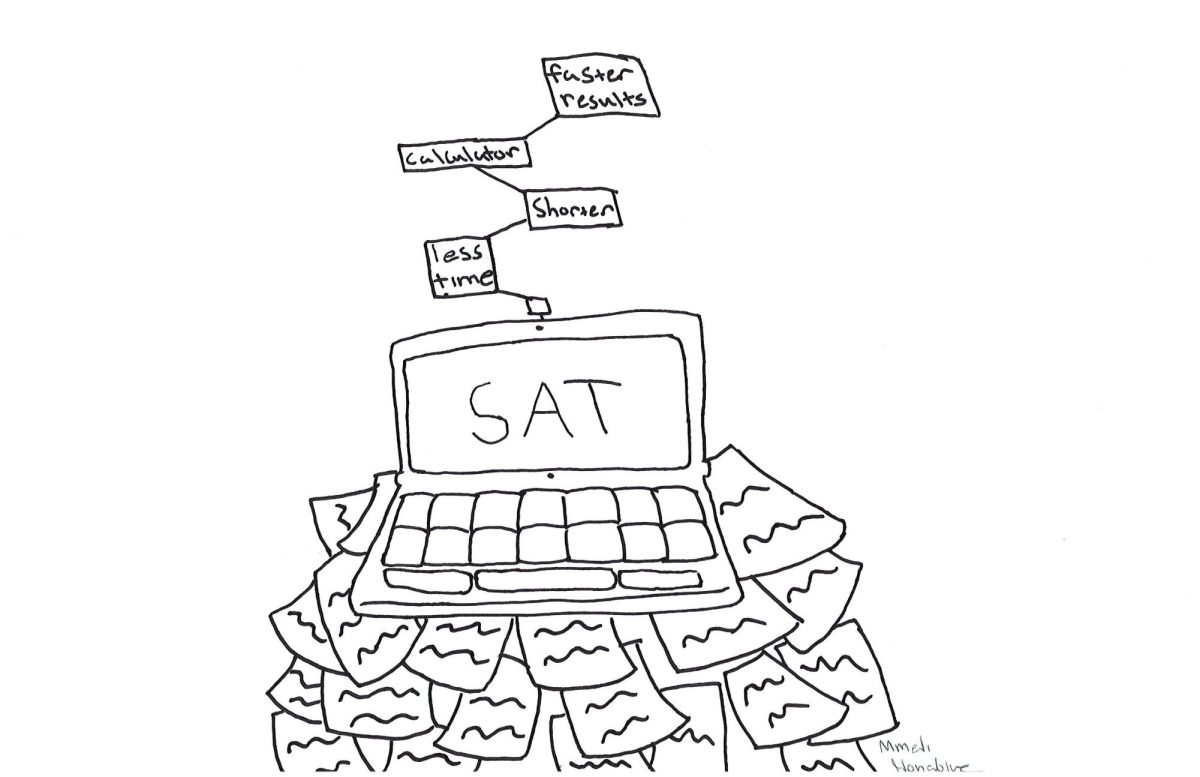















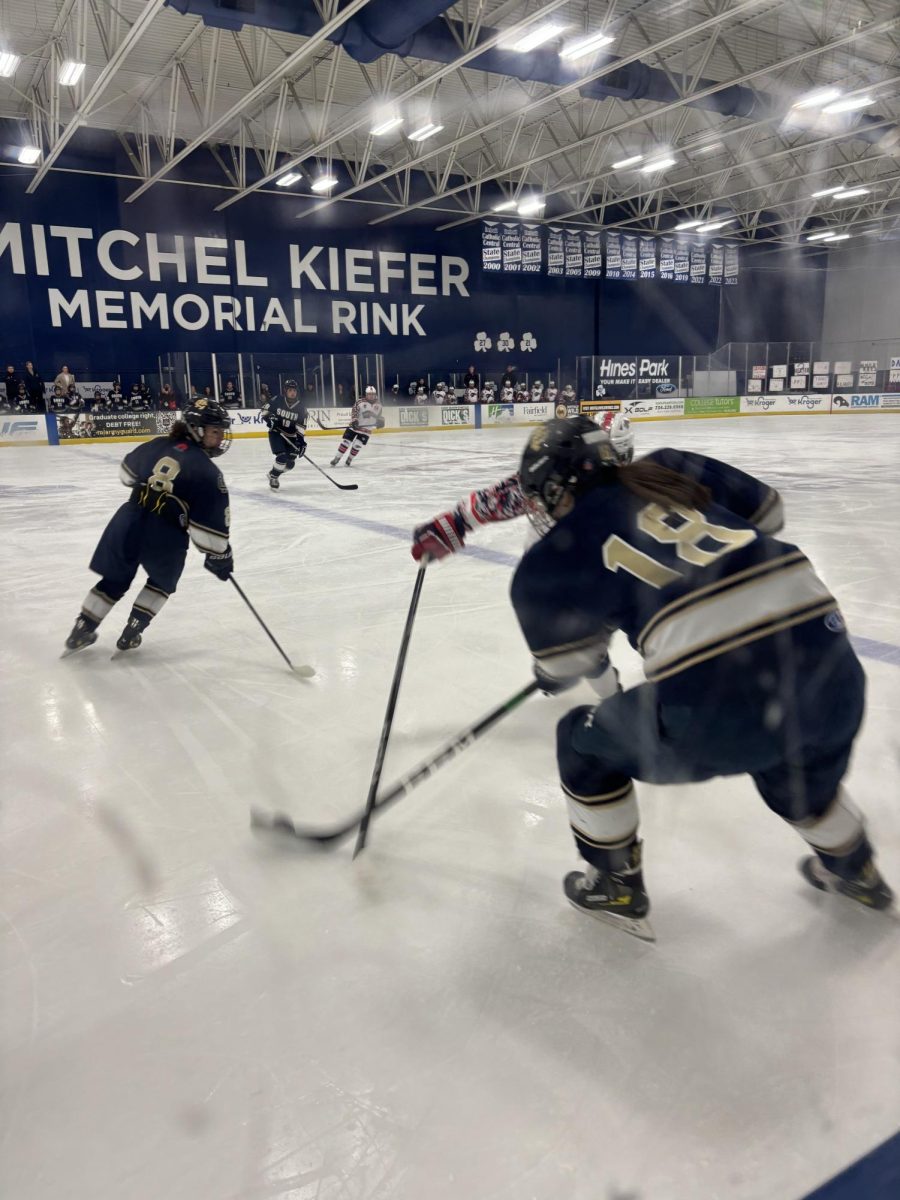
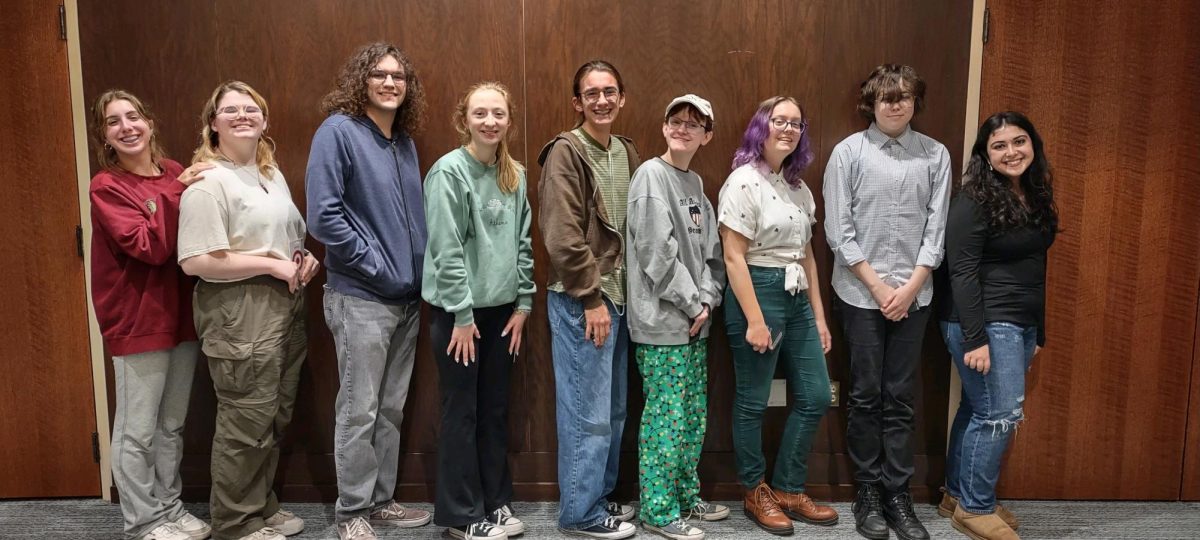


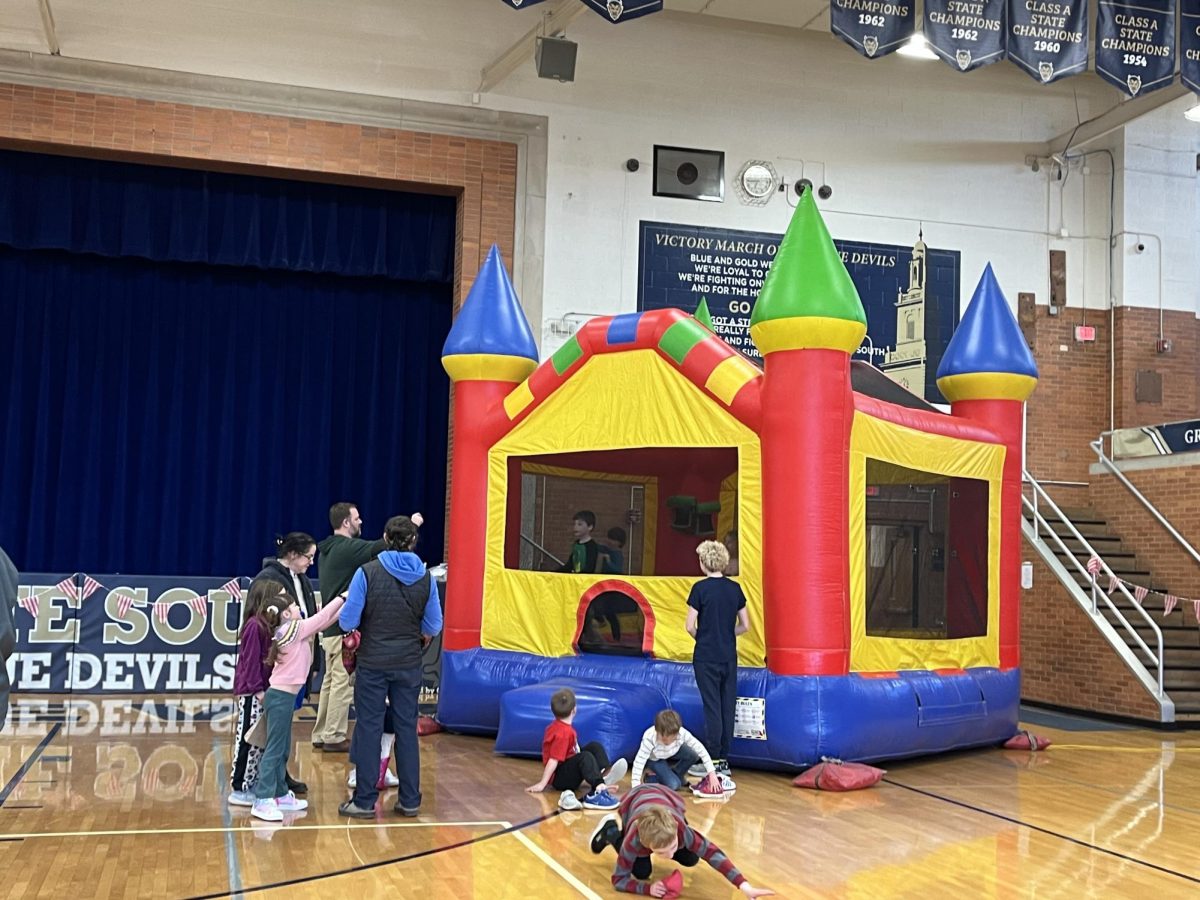


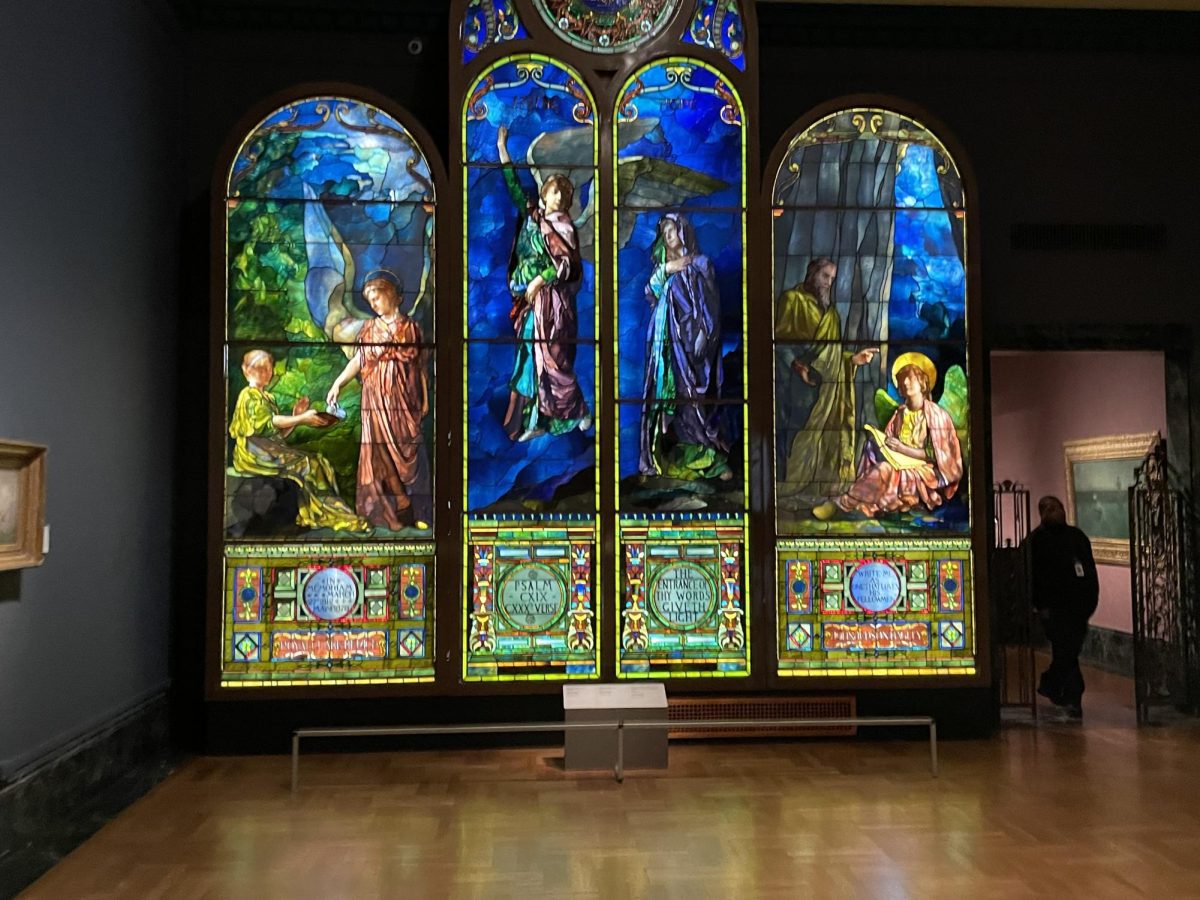










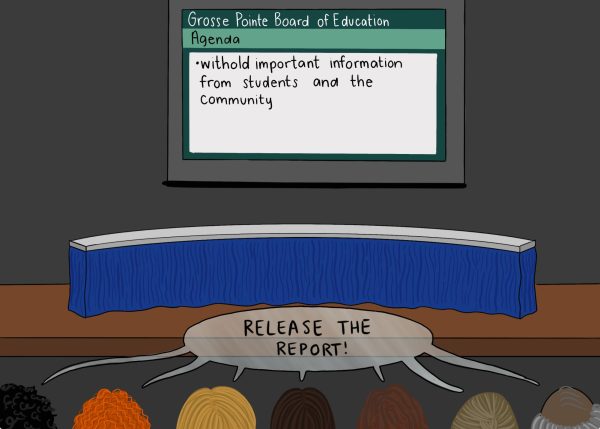


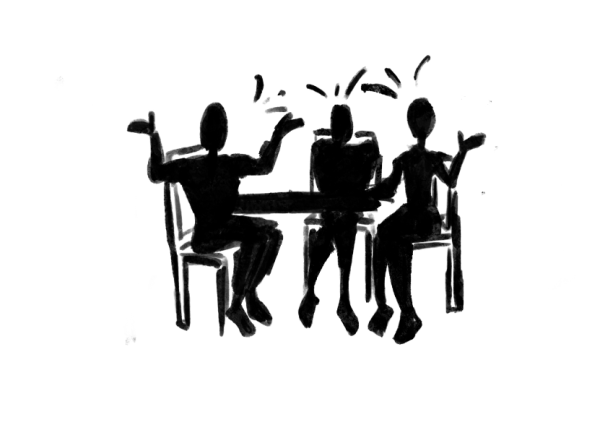


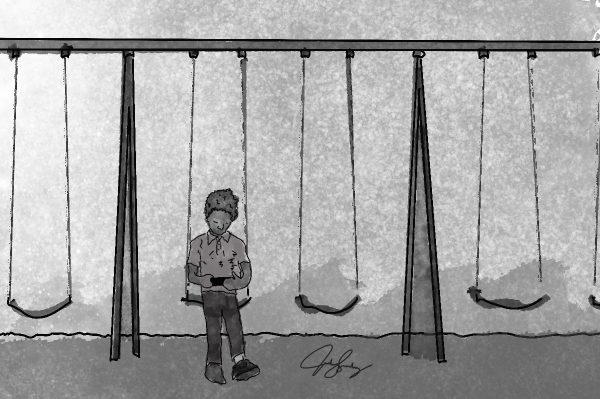


Kristi Spiller • Mar 13, 2019 at 4:51 pm
Interesting article.
Brandie • Mar 13, 2019 at 1:40 pm
I hope the administrators QUICKLY address this disconnect between them and the students, parents, and teachers. As a mother of a South student and 3 other children who are poised to go to South, I am beginning to question our decision to live here. Why am I paying exorbitant taxes and an inflated home mortgage amount to stay in a district that could care less about its teachers, students, and parents? There already aren’t enough students to keep the schools open. Keep on being dismissive and disrespectful to the parents, students, and teachers and I guarantee you the enrollment numbers will continue to fall. My encounters with Principal Hamka and VP Paravanno have left me thinking it’s time to take my kids to another district. They basically showed me that they could care less about my concerns as a parent and made me feel that my kid (and his friends) don’t matter to them.
Amy Pugliesi • Mar 13, 2019 at 10:16 am
Well said! I am impressed with the students on the Tower and their advisor for having the courage to listen and speak out on behalf of themselves and their teachers. Thank you for drawing focus back to educating and inspiring the students of Grosse Pointe South. And for caring so much about the situation to invest your time and energy to report on this story. Maybe now , honest, open discussions can be had between and among all constituents to move forward.